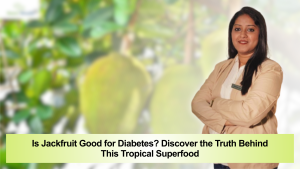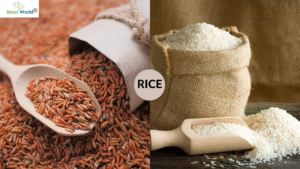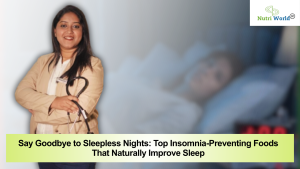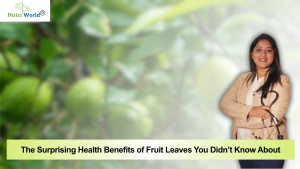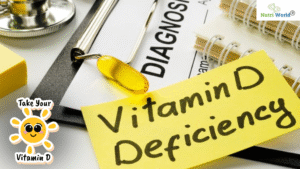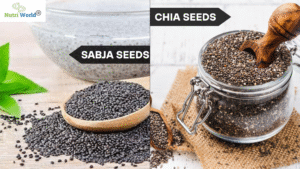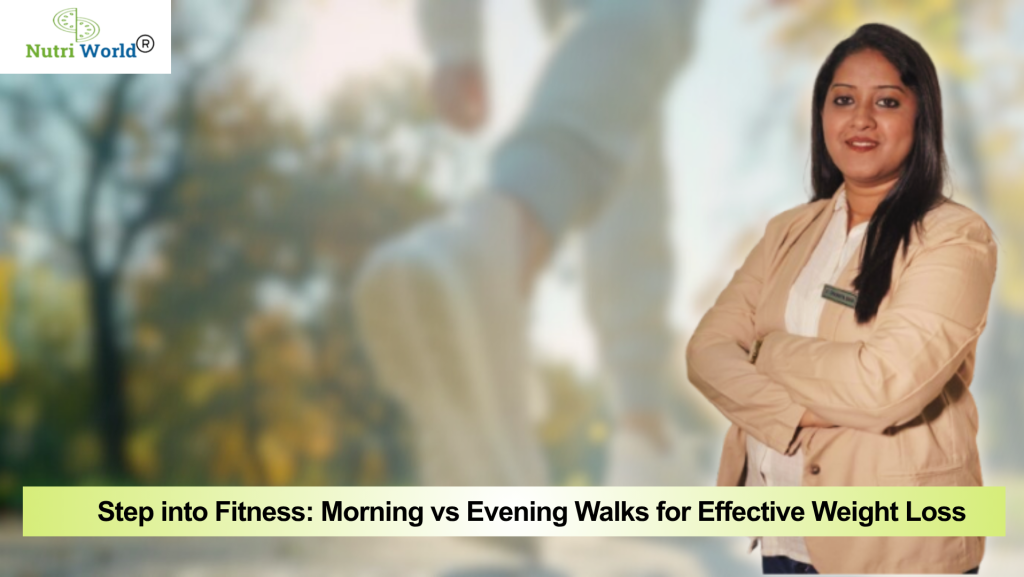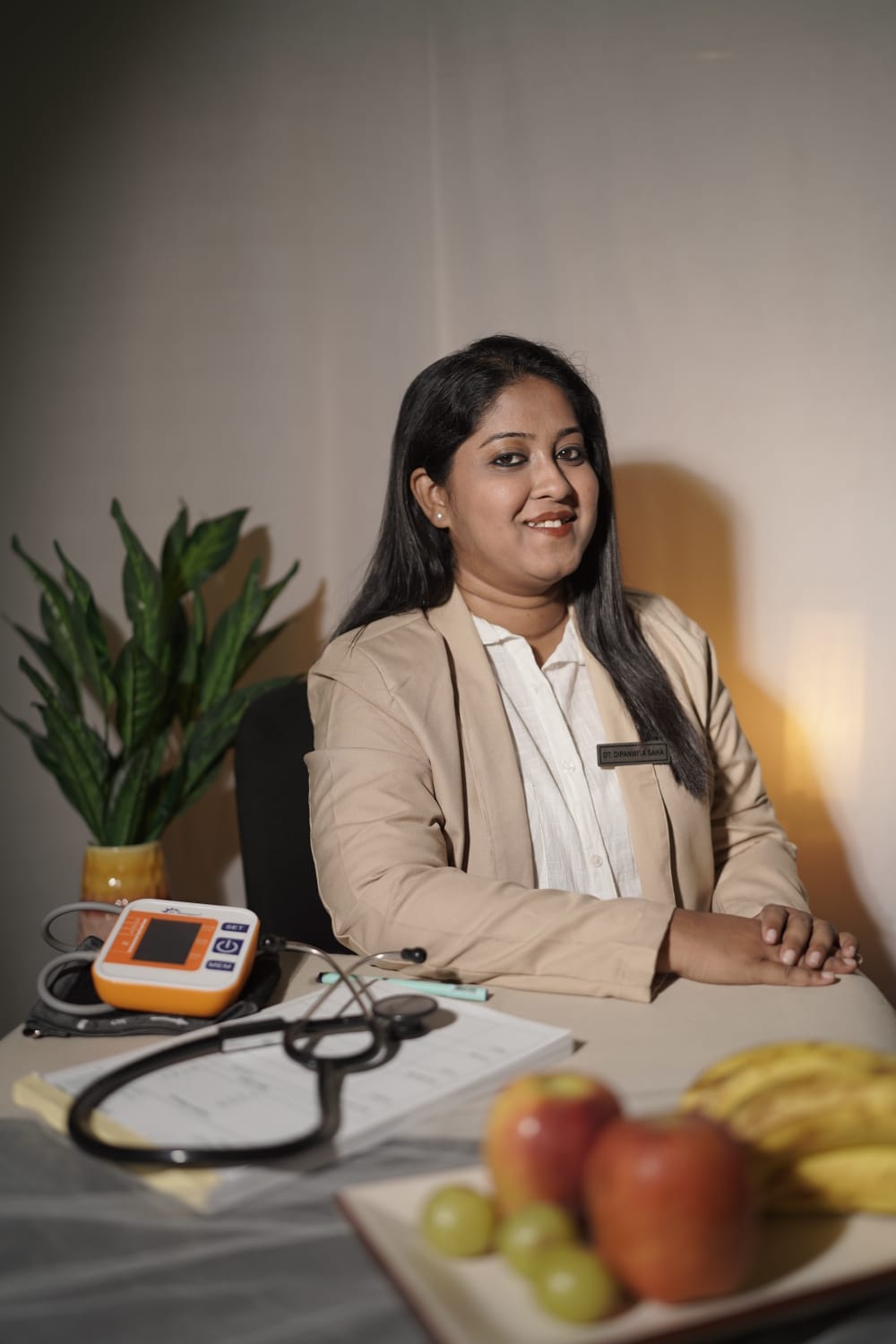We live in a world where our eyes are constantly under pressure—from staring at digital screens for hours to staying up late at night with minimal rest. The result? More people than ever are experiencing eye strain, dryness, blurry vision, and even early age-related vision problems.
Most of us blame aging for weak eyesight, but did you know that your daily habits play a bigger role than you think? The good news is, with the right lifestyle changes and a diet rich in certain eye-friendly vitamins, you can protect and even improve your vision naturally.

5 Everyday Habits That Damage Your Eyesight
1. Excessive Screen Time Without Breaks
Whether it’s your smartphone, laptop, or TV, prolonged screen exposure leads to digital eye strain. Symptoms include dryness, headaches, and blurred vision. When you stare at screens, your blink rate reduces drastically, which means your eyes don’t get enough lubrication.
💡What to do instead:
- Follow the 20-20-20 rule: Every 20 minutes, look at something 20 feet away for 20 seconds.
- Adjust screen brightness to match your surroundings.
- Use anti-glare glasses if you work on screens for long hours.
2. Rubbing Your Eyes Frequently
Many of us rub our eyes when they feel itchy or tired, but this habit can actually damage the delicate blood vessels around your eyes. Frequent rubbing can worsen conditions like keratoconus (thinning of the cornea) and may even increase the risk of infection by transferring germs from your hands.
💡What to do instead:
- If your eyes feel itchy, use lubricating eye drops.
- Apply a cold compress to soothe tired eyes instead of rubbing.
3. Sleeping with Makeup On
Ladies, this one’s especially for you! Sleeping without removing eyeliner, mascara, or kajal can clog the tiny oil glands around your eyes, leading to irritation, infections, and puffiness. Over time, this weakens the sensitive skin and tissues near your eyes, making them more prone to dryness and discomfort.
💡What to do instead:
- Always remove makeup with a gentle, alcohol-free remover.
- Use coconut oil or micellar water as natural alternatives.
4. Ignoring Sunglasses Outdoors
Sunlight contains harmful UV rays that can accelerate cataracts, cause macular degeneration, and even burn your cornea (photokeratitis). If you step outside regularly without sunglasses, you’re exposing your eyes to unnecessary long-term damage.
💡What to do instead:
- Wear UV-protection sunglasses whenever you step outdoors.
- A wide-brimmed hat can add an extra layer of protection.
5. Unhealthy Eating Habits
Yes, your diet directly affects your eyes. High intake of junk food, sugary snacks, and processed oils increases oxidative stress and inflammation, which speeds up eye aging. On the other hand, deficiencies in vitamins A, C, E, and zinc make your eyes more vulnerable to vision loss.
💡What to do instead:
- Include colorful fruits, leafy greens, nuts, seeds, and whole grains in your daily meals.
- Stay hydrated to prevent dryness.
3 Vitamins That Protect Vision Naturally
1. Vitamin A – The Night Vision Protector
Vitamin A is essential for maintaining a clear cornea (the eye’s outer layer) and supports good night vision. Deficiency can cause dry eyes, corneal ulcers, and even night blindness.
✅ Best Food Sources:
- Carrots
- Sweet potatoes
- Spinach
- Mangoes
- Papaya
- Dairy products
💡 Dietitian’s Tip: Pair Vitamin A-rich foods with healthy fats (like nuts or olive oil) to improve absorption.
2. Vitamin C – The Antioxidant Shield
Vitamin C is a powerful antioxidant that fights oxidative stress in the eyes. It helps prevent cataracts and slows down age-related macular degeneration (AMD). It also supports collagen production, which keeps the blood vessels in your eyes strong.
✅ Best Food Sources:
- Citrus fruits (oranges, lemon, kiwi)
- Guava (one of the richest sources)
- Amla (Indian gooseberry)
- Bell peppers
- Strawberries
💡 Dietitian’s Tip: Have amla juice or citrus fruit in the morning to get your daily boost of Vitamin C.
3. Vitamin E – The Vision Preserver
Vitamin E protects eye cells from damage caused by free radicals. Studies show it may help reduce the risk of age-related vision decline. Combined with Vitamin C and zinc, it forms a strong defense against AMD.
✅ Best Food Sources:
- Almonds
- Sunflower seeds
- Walnuts
- Avocados
- Olive oil
💡 Dietitian’s Tip: A handful of mixed nuts daily is one of the easiest ways to meet your Vitamin E needs.
Dietitian’s Practical Tips for Everyday Eye Care
- Stay hydrated: Drink at least 8 glasses of water daily to avoid dryness.
- Include omega-3 fatty acids: Found in flaxseeds, chia seeds, and fish, they help reduce eye inflammation and dryness.
- Blink consciously: Especially when working on a laptop.
- Get enough sleep: 7–8 hours of sleep allows your eyes to rest and repair.
- Regular check-ups: An eye exam every 1–2 years can detect early signs of vision problems.
Sample 1-Day Eye-Friendly Diet Plan
Here’s how you can put it all together:
- Morning (7 AM): Warm water + 1 tsp soaked chia seeds
- Breakfast (8 AM): Vegetable poha with spinach + 1 glass fresh orange juice
- Mid-morning (11 AM): 1 guava or amla
- Lunch (1 PM): Brown rice + dal + stir-fried carrots & beans + cucumber salad
- Snack (4 PM): A handful of almonds & walnuts + green tea
- Evening (6 PM): Roasted makhana (lotus seeds) + coconut water
- Dinner (8 PM): Chapati + palak paneer + mixed veggie sabzi
- Before Bed (10 PM): 1 glass warm turmeric milk (anti-inflammatory)
Conclusion
Your eyes are your window to the world—but they’re also delicate and vulnerable. While we cannot completely stop natural aging, we can absolutely prevent premature vision decline by correcting our daily habits and nourishing our eyes with the right nutrients.
Remember, five bad habits (too much screen time, rubbing eyes, sleeping with makeup, skipping sunglasses, and poor diet) can silently harm your vision. But with the help of three powerful vitamins (A, C, and E), along with small lifestyle changes, you can protect your eyesight naturally.
Take care of your eyes today—so they can take care of you tomorrow. 💙
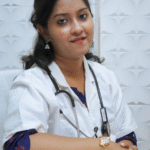
Hi, I’m Dietitian Dipanwita Saha, A Clinical Dietitian & Nutripreneur and The Founder & Director of Nutri World. I believe healthy eating should be enjoyable, balanced, and free from guilt—not about strict rules or cutting out your favorite foods. My passion lies in helping people heal their relationship with food, especially those dealing with disordered eating. If you’re looking for a supportive, judgment-free space to nourish your body and mind, I’m here to help—let’s make food feel good again.

